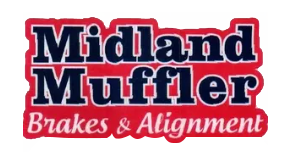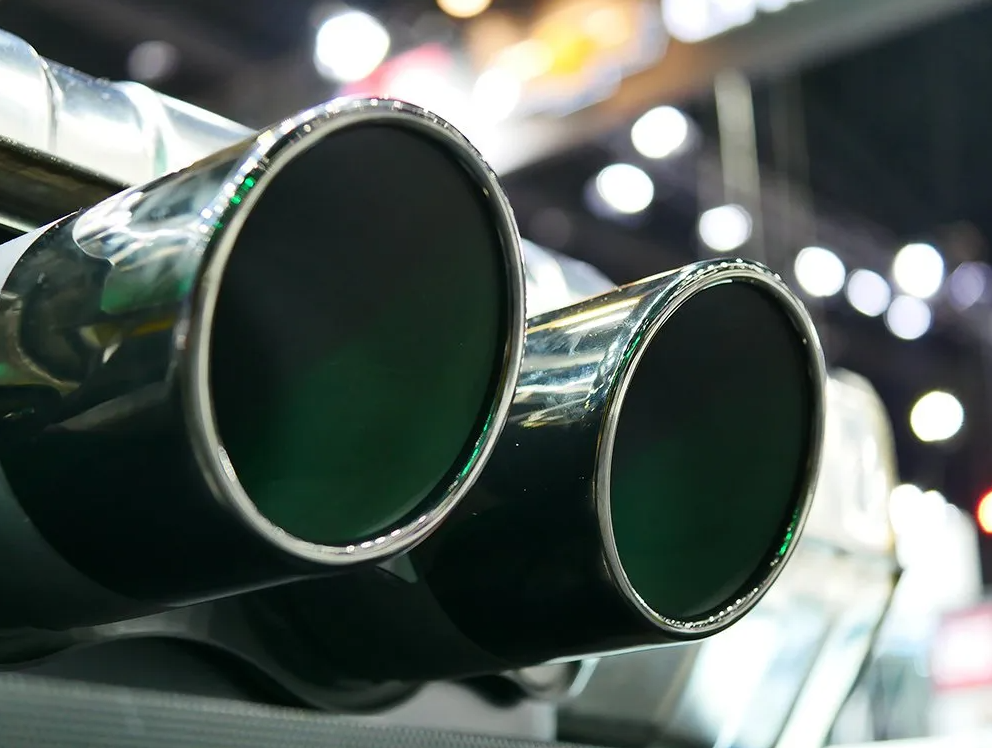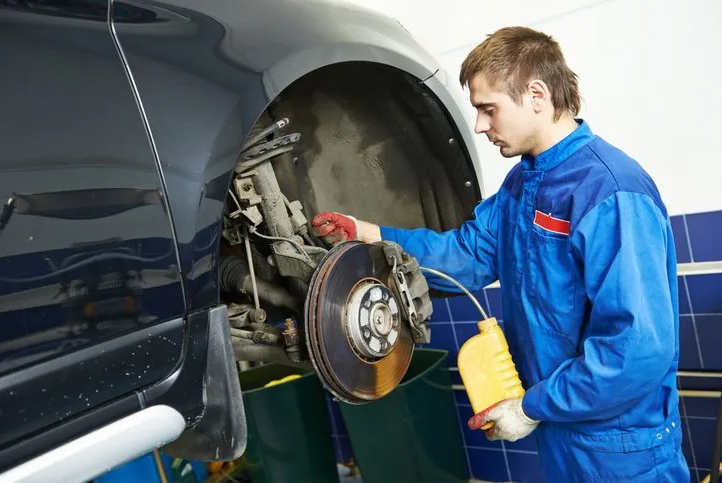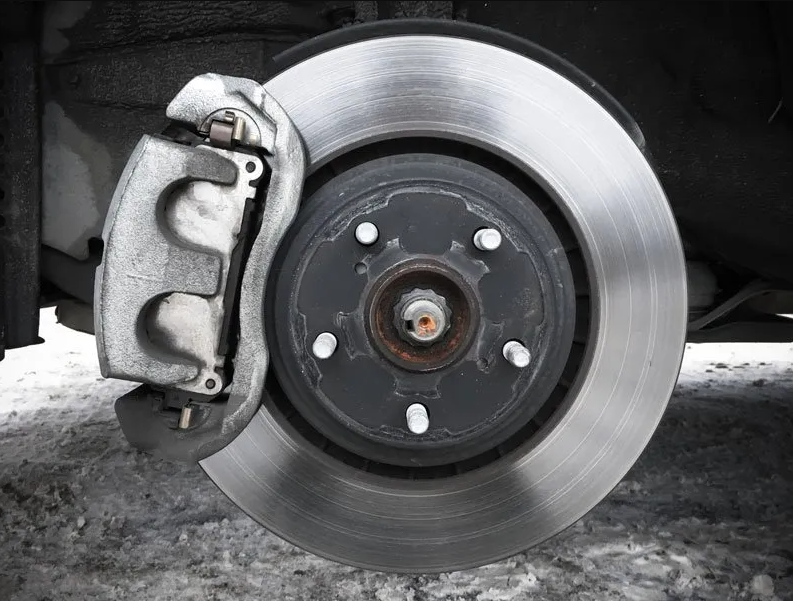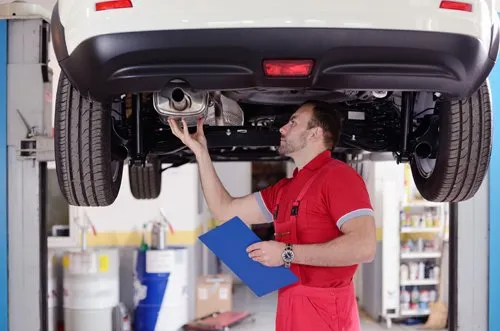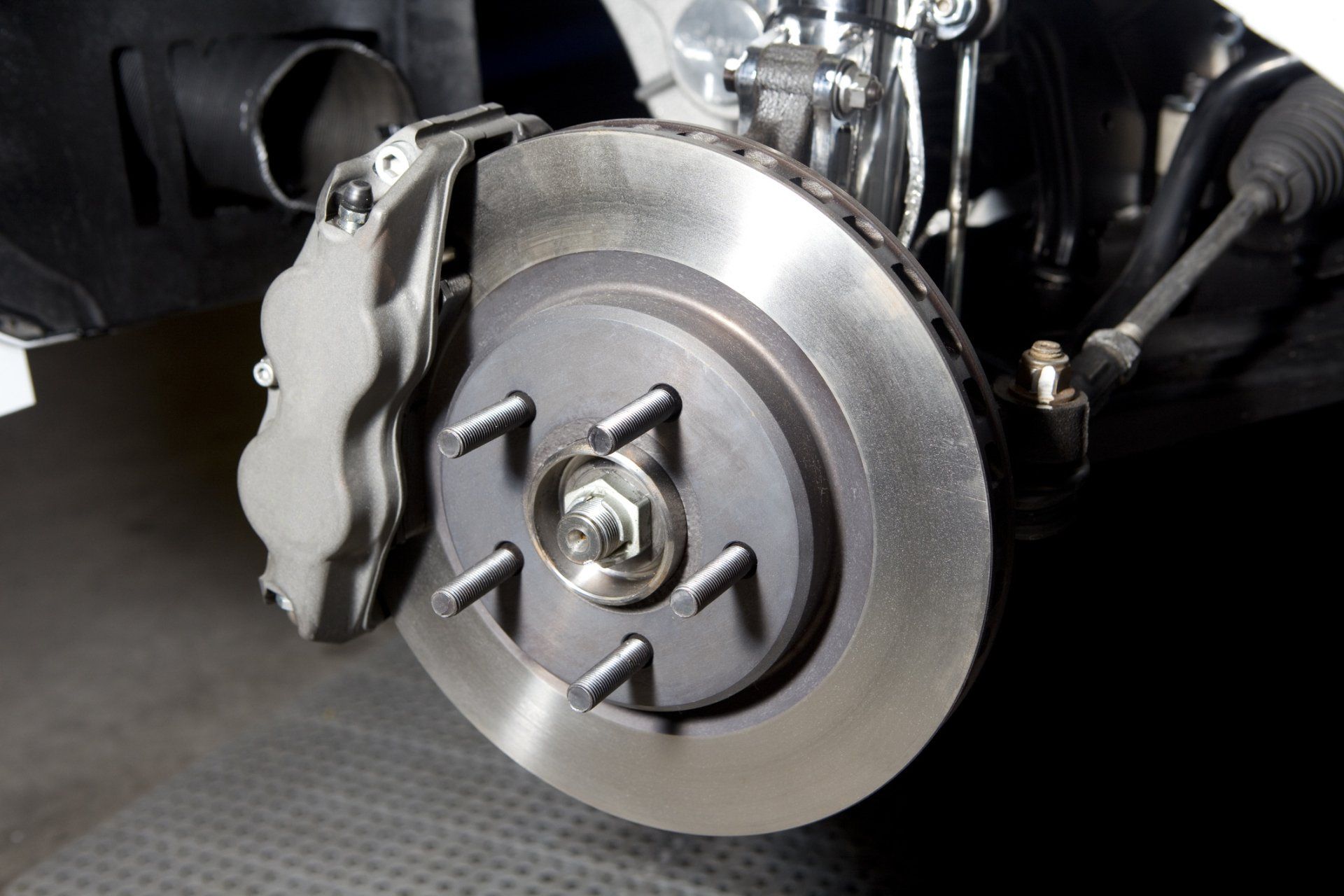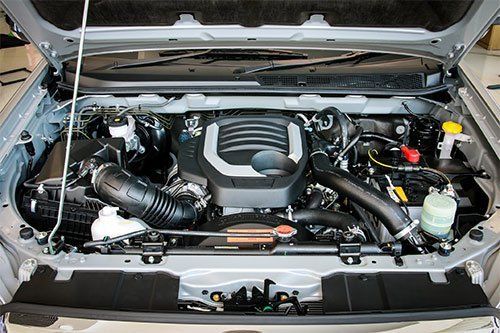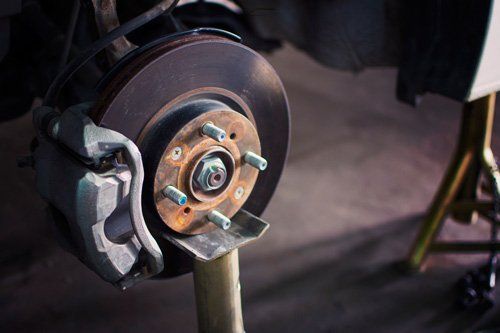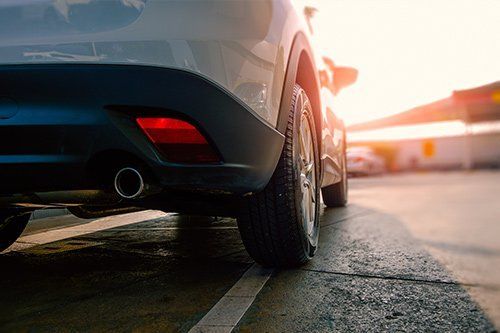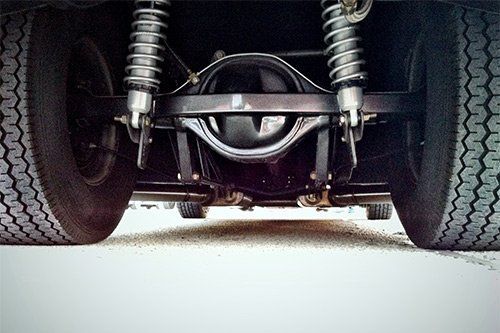How to Extend the Life of Your Brakes
The brakes are one of the most important systems on your car, which means that any issues with the brakes can leave you stranded and in need of repairs. Two variables affect the brake system: driving habits and maintenance.
According to the U.S. Department of Transportation, about 22 percent of accidents caused by internal vehicle problems are a result of brake failure. To be safe on the road, you must keep your brakes in good repair.
Change Your Driving Habits
The way you drive affects the longevity of your brakes more than any other variable. You can ensure longer brake life if you alter a few bad habits and minimize the need for repairs.
Slow Down
Speed leads to increased and more severe brake use. Hard braking and last minute stops often accompany driving at high speeds, and these behaviors will wear down brake pads and weaken other brake components more quickly. Instead, maintain the speed limit and keep a safe following distance between you and the car in front of you of at least one car length for every 10 MPH of speed.
Don't Ride the Brake
Constantly depressing the brake pedal when it isn't necessary is another cause of brake wear. Some drivers keep one foot on the brake pedal at all times, which often results in the brake being at least partially engaged even when one isn't trying to stop. This puts unnecessary wear on the brake pads, which can result in the need for a premature replacement.
Skip the Taps
Tapping describes the bad habit of constantly giving little taps the pedal as you drive. Double-foot driving often leads to tapping, since it increases the chances of tapping the brake pedal with the left foot every time you accelerate with the right foot. If you maintain the correct speed and following distance, constant brake taps should not be necessary.
Improve Brake Performance
Although driving habits have a major impact on your brakes longevity, issues in the brake system itself may also need to be improved. Be aware of these issues so you can catch them before they develop into major problems.
Monitor the Brake Fluid
Low fluid or fluid that has moisture in it results in reduced braking ability. Generally, you should have the brake lines flushed and the fluid replaced every two years or 30,000 miles, although you should check your owner's manual to verify the schedule for your particular vehicle.
Brake fluid absorbs moisture, which is necessary to ensure proper braking ability. Over time, though, this moisture compromises the fluid, so you need to flush the system to prevent further issues with the brakes.
Lighten the Load
The weight of the vehicle can also affect your brakes. Heavier vehicles require more braking power, which means more stress is applied to the components that make up your brake system. Some weight can't be avoided, such as the base weight of the vehicle and the weight of any aftermarket additions.
Other types of excess weight you can avoid, though. For example, don't store items in your car and empty your trunk regularly to keep the weight down.
Don't Ignore Noises
Certain noises indicate issues with the brake system, which are often repairable if caught early. Squealing, grinding, and thumping are the most common. Squealing can be the result of a failing caliper or rusty components. Worn pads or a damaged drummer often results in grinding. Thumping can have a variety of causes, but rotor or brake drum issues are often at the root. Prompt repair can prevent further brake issues.
Good driving habits combined with proper maintenance are the keys to excellent brake performance. Contact Midland Muffler and Brake if you need to schedule a repair, replacement, or inspection of your brake system.
BROWSE OUR WEBSITE
CONTACT INFORMATION
PHONE: 432-699-7924
FAX: 432-699-3064
ADDRESS: 3500 Bankhead
Midland, Texas 79701
BUSINESS HOURS
- Mon - Fri
- -
- Sat - Sun
- Closed





Fleet Card Services Available
OUR LOCATION
